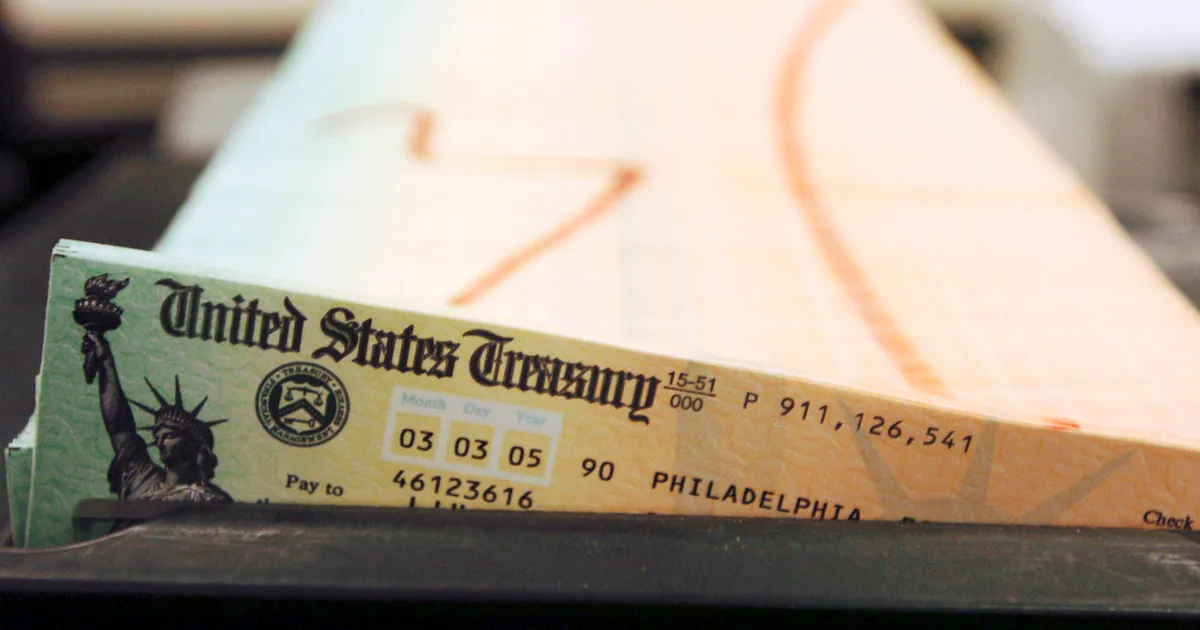By Iseghe Ajayi
Copyright independent

It is imperative to start planning your future financial life before and after retirement as it can happen at any time. Although several people associate retirement with old age and as such do not consider it in their plans.
Retirement is something that is quite easy to put off and fuss about later, especially when you are young.
Mind you, the earlier you start planning about your retirement regardless of age, the better for you especially if you truly want to live a respectable life in your retirement age.
Remember, spending money during retirement is a big challenge as most retirees appear to have little earnings outside their savings, particularly those who did not prepare or plan for it.
Planning for retirement is not a child’s play especially in this present state of the economy where some businesses are managing to survive and their owners are finding it hard to pay workers monthly wages regularly.
But, with proper financial prudence, focus and determination irrespective of your earnings and status, it is possible to start planning for your retirement by creating a budget.
That is why to make sure that you do not withdraw too often from your savings, it is important to create a plan on how you will space out your spending. This plan is your retirement budget.
However, some people do not like using the word budget as they feel that the process of budgeting is cumbersome and has a negative implication. Besides, a lot of people have this notion that with budget, they will deprive themselves of the things they so much desire or want to do.
That is not true, budgeting is not about depriving yourself but tracking your money; ensuring you have the required funds to spend money on things that are actually of necessities.
However, the under-listed tips will help you see the need to have a retirement budget:
Make Use of Your Current Expenses As A Budgeting Guide
When making a retirement budget, it is key to split your expenses in two categories which could be fixed and variable for easy tracking; fixed operating cost are those expenses you pay monthly, such as housing, utilities, provisions and debt payments. Variable expenses are costs that can fluctuate such as school fees and medical costs
Once you break down your current budget, you can begin to estimate retirement expenses by considering what costs may increase, diminish or disappear altogether when you retire including those that will remain the same. But then, your budget for family expenses might get smaller; for example, once your children are out of the house and financially independent. Also, your health care expenses might increase as you get older.
With a proper retirement budget that accounts for those expenses while you are still young and healthy, there is no need to fret.
Be Practical About Your Retirement Earnings
Once you are through with estimating retirement expenses, there is need to think over the sources of your retirement income. The list might include your individual retirement account (IRA), an employer pension plan, business income if you own a business.
With this, you can establish your monthly earnings or estimated benefits which give you a clue on how to make your retirement budget.
No Excuse Not To Save
It is not possible to work forever as there must a day or time to quit working either due to age or compulsory retirement.
You might be audacious and feel you can work until the day you fall, and for some, that may be the dream, but the fact remains that you cannot carry out your profession at a high level for your entire life. Mind you, as you age, you are certainly going to slow down and certain tasks will become thornier.
That is why there is no excuse not to save for retirement no matter how much you want to keep working for your entire life.
Besides, having that money useful, prepares you in case you stop working earlier than expected. But without a retirement fund to fall back on, you will be trapped in your “work forever” plan.
Your Financial Future Is Not Guaranteed
It is significant to understand that you may indeed experience financial hardships in the future without the right plan in place after retirement.
A lot of People are often confident about their financial future, living with the belief that things will definitely turn around for good in the years to come; it is quite good to be optimistic about the future but, it is not something you can bank on. Your financial future is not guaranteed, hence the need to plan your retirement and once you have such in place try and stick to it.
If you run into difficulty later in your life, you will have to try as hard as you can to refuse to give in to the temptation to plunge into your retirement savings, although it will be there as a safety net if you need it.
Also, have it at the back of your mind that there are at times penalties for withdrawing your retirement funds, and you will want to save them for your actual retirement.
Make Best Use Of Your Skills
While working, it is crucial to make the best use of your skills especially when you are still strong so as not to depend on only one source of income.
It is imperative to embrace multiple streams of income as depending solely on your pension is very risky if you really want to maintain some of your lifestyles in retirement.
More so, appropriate retirement planning is crucial in the event you need to cover any long-term care that you may require later in your life.
Do Not Be A Financial Burden
It is unfair to depend on your family for survival after several years of working; to avoid such there is need to plan your retirement so that you can walk tall in the presence of your family.
Visualise your future with your family if you did not see the worth in planning for retirement, then it means you will now become a burden to your children which ought not to be so if well planned.
But, having a firm plan in place ensures that you do not become a financial burden on those you love the most because through it, you can help out a family member in financial trauma and not to make things worse.



